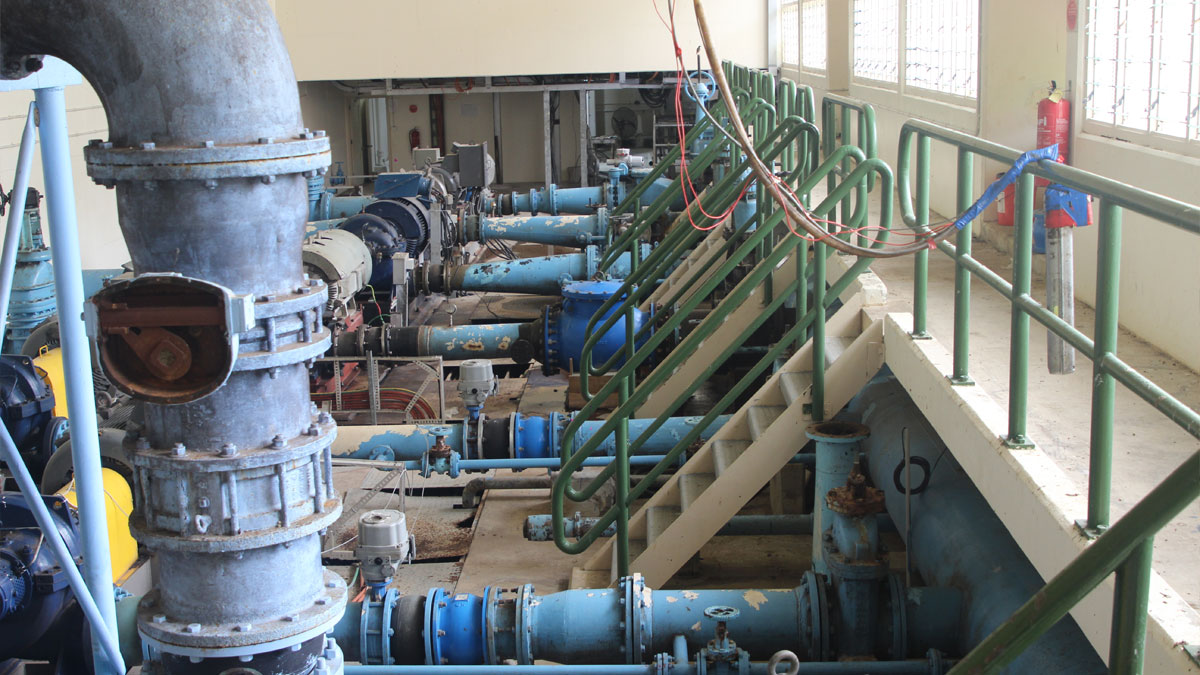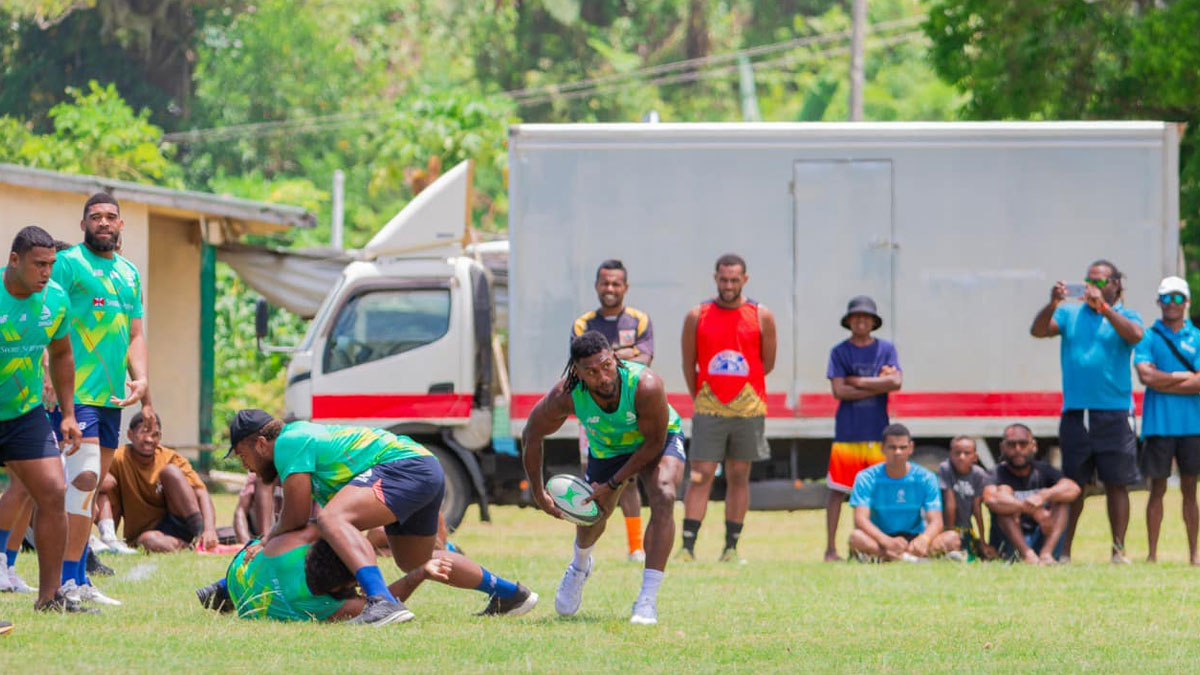
Discussions are expected to be held on the short and long term goals regarding our water infrastructure when the National Economic Summit gets underway today.
According to the Ministry of Finance’s Summit Baseline and Strategy Paper, the 1 to 3 year short term proposed plan is to explore public private partnership for financing water sector projects, access climate infrastructure finance instruments for the mobilisation of additional finance for water and wastewater projects, with a 5 year long term proposed plan to undertake long-term strategic planning of investment pathways.
The Water Authority of Fiji estimates around $780 million is required over the next 5 years for water and wastewater infrastructure renewal and climate resilience of its assets of which the wastewater sector alone requires an estimated $180 million investment over the 5 years.
The baseline paper says Fiji’s water sector has been facing major challenges in maintaining and upgrading existing infrastructure, reducing non-revenue water and financing sustainable climate resilient water and wastewater infrastructure to meet the growing demand.
It has been confirmed that approximately 47 percent of water produced is lost along the pipeline due to leakages, burst pipelines and illegal meter connections.
The Government is tasked to address these challenges which is exacerbated by aging water and wastewater infrastructure, our growing population, rural to urban drift and the impacts of unsustainable land use practices and climate change on our raw water sources.
In the past 5 years, public investment expended by the Water Authority of Fiji amounted to $869.8 million for water and wastewater services.
The paper says WAF’s capital investment alone amounting to $459.9 million in the past 5 years has been directed towards the maintenance of water sources and catchments, maintenance and upgrading of water treatment plants and wastewater treatment plants, upgrading distribution lines, water carting to intermittent water supply areas, rural water projects and solving non-revenue water issues.
For the year 2022, WAF produced approximately 133,000 megalitres of water annually compared to the 69,000 megalitres recorded as consumption.
The current Rewa River Water Supply Scheme Project which is expected to be commissioned in June 2023 is anticipated to provide an additional 40 megaliters per day to the water reticulation system in the central division.
However, the Finance Ministry baseline paper says there is a critical need for an enhanced asset management to aggressively target the reduction of non-revenue water levels within the Suva Nausori System.
It also says the current water tariff is also a driver for high demand as water although being affordable does not carry the same financial burden that high usage of electricity, fuel or cost of production for treated water carries.
The current residential water rate of 15 cents for 1,000 litres is the cheapest compared to other countries of the Pacific.
Stay tuned for the latest news on our radio stations


